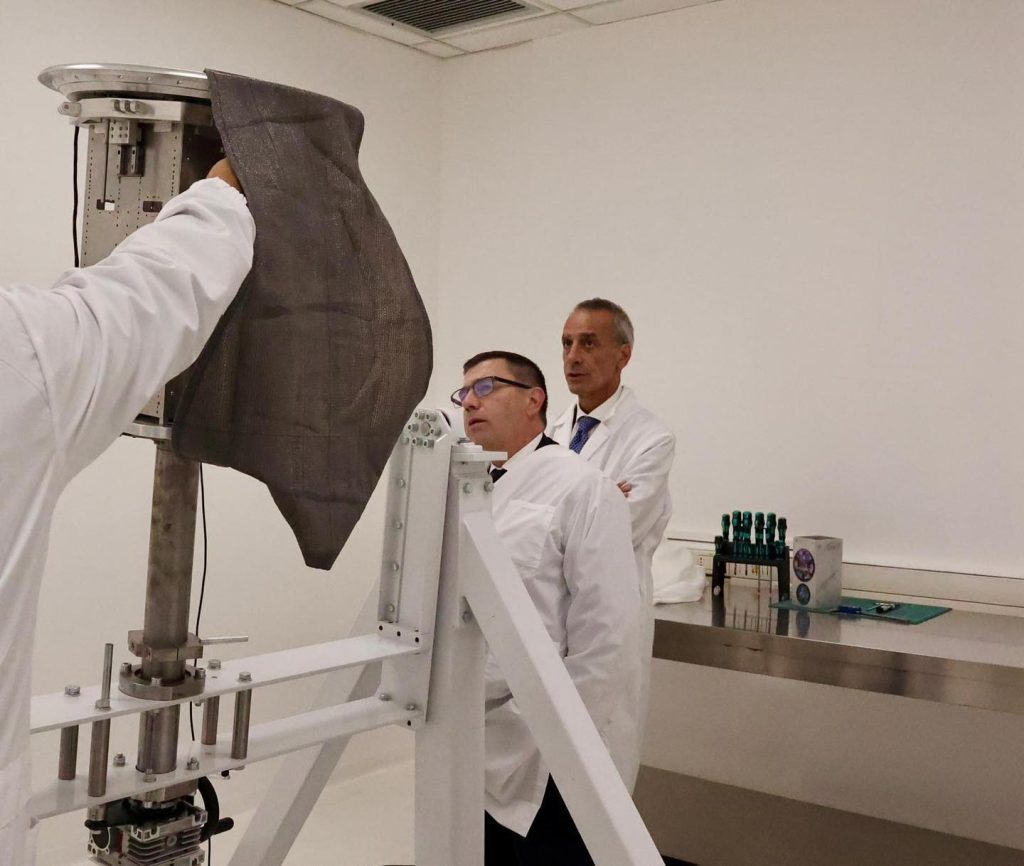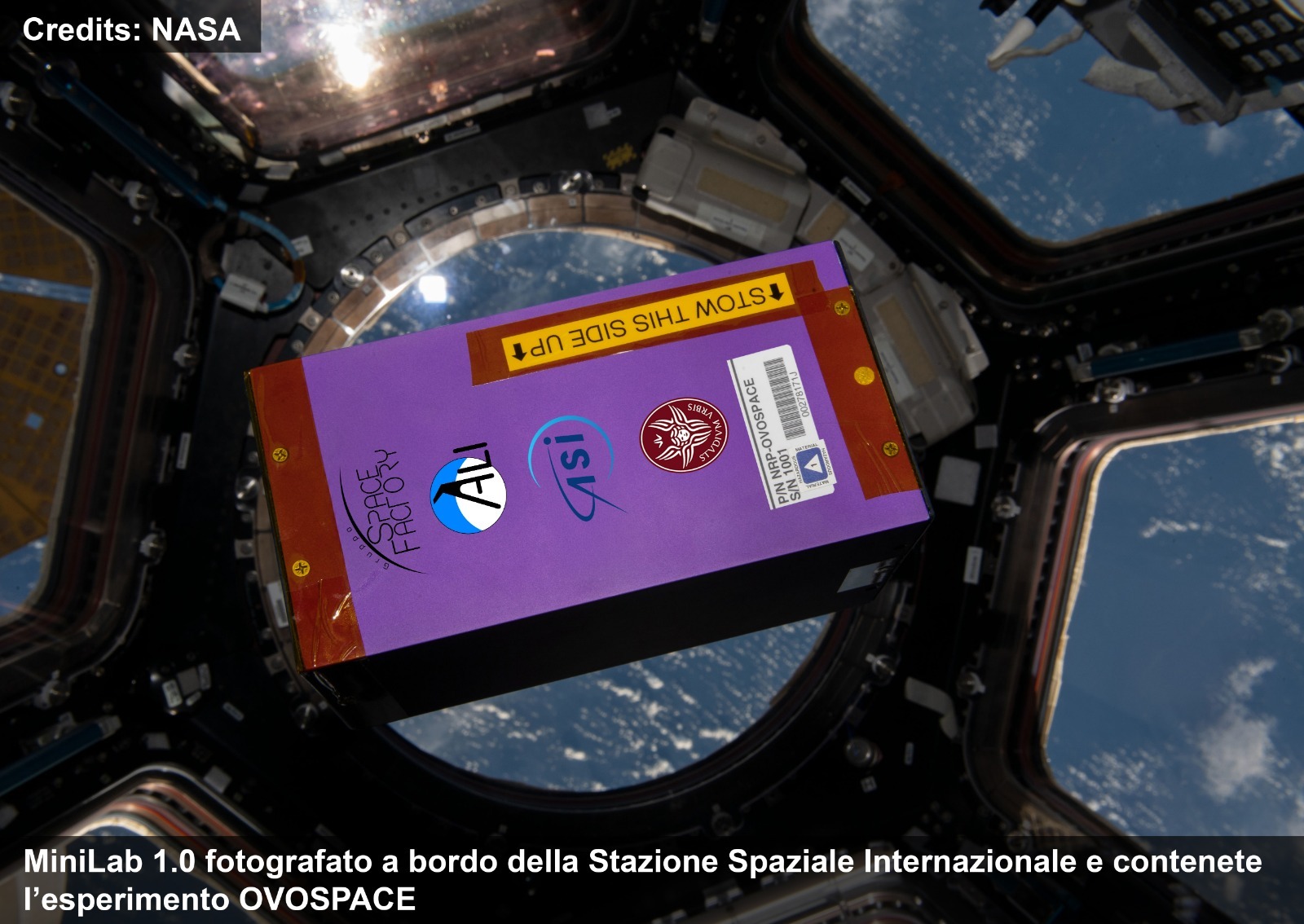The aerospace system of Campania takes a new step as a protagonist in the international panorama of scientific and technological space research. Signed by the Director-General of the Italian Space Agency (ASI), Luca Vincenzo Maria Salamone, the contract with ALI S.p.A. of the Campania-based Space Factory Group for the development of two new generation mini-laboratories, called MiniLab 3.0, as payloads for the IREOS-0 microsatellite.
This is the first mission of the IRENESAT-ORBITAL program of experimentation in the field of life sciences and biopharma in microgravity conditions.
MiniLabs 3.0 are small intelligent mini-laboratories (2U), developed with proprietary technologies, unique for their ability to manage and control real-time experiments in space in a controlled environment.
The MiniLab is the result of years of research, innovation and experimentation, supported step-by-step by Campania Region through the resources made available by the European cohesion policy (Startup and Tech Transfer Notices – POR Campania FESR 2014/2020) also within the framework of the Smart Specialization Strategy (RIS3 Campania) who identified theAerospace as one of the ten Ecosystems on which to invest to have a competitive advantage in international markets.
“Being at the side of realities such as the Space Factory Group – commented Valeria Fascione, Councillor for Research, Innovation and Startups of the Campania Region – means believing in a South that experiments, dares and builds a future. Campania was among the first Italian regions to invest concretely in the Space Economy, supporting those who transform research into business and innovation into industrial capacity. This result confirms the strength of an ecosystem that knows how to dialogue with national agencies, universities and the production world, bringing the talent and technological capacity of our territory into space.’.
The GAIA and ASTROGUT experiments, designed by La Sapienza University in Rome and Federico II University in Naples respectively, will be carried out in the mini-laboratories. GAIA will control the growth of the wheat germ using terrestrial and lunar soil as substrate. The aim of the experiment is to evaluate the possibility of cultivation in the lunar and, in the future, Martian environment for the cultivation of food for astronauts and, above all, for the development of bio-regenerative systems. ASTROGUT will monitor the life cycle of the intestinal probiota for the study of human physiology in the space environment.
The two MiniLabs 3.0 will be boarded on the microsatellite IREOS-0/Amalia, designed by the Space Factory Group whose launch will be financed by ASI. The name Amalia was given in honor of the Italian scientist Amalia Ercoli Finzi, first Italian aerospace engineer and pioneer in the field of space sciences and technologies. During the orbital mission, Earth-controlled experiments will be activated by scientists, for the first time, via a simple tablet or smartphone.

At the end of the experimental activities, the activities for the certification in orbit of the microsatellite subsystems will start, starting from the opening mechanism of the IRENE® flexible thermal shield.
IRENE® is an innovative technology owned by the Space Factory Group that will allow satellites to return intact from space and be recovered for the next mission. MiniLabs are currently included in the European Space Agency’s (ESA) Marketplace, making it the official provider of in-orbit biopharma and life-sciences services in Europe.
For Luigi Carrino, President of the Campania Aerospace District – DACthe success of ALI SpA, one of the founding members of the Campania Aerospace District, is a result of great value for the entire Campania aerospace system. It is the result of the skills of ALI and the Space Factory Group in the field of space experimentation and the Space Economy, but also the concrete result of the District's ability to create a system, creating those virtuous synergies between companies, universities and research that make Campania a point of reference in the sector at European level.’.




